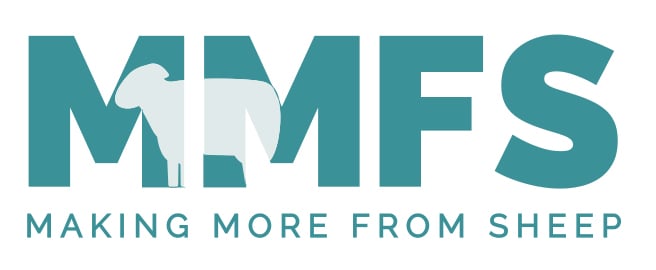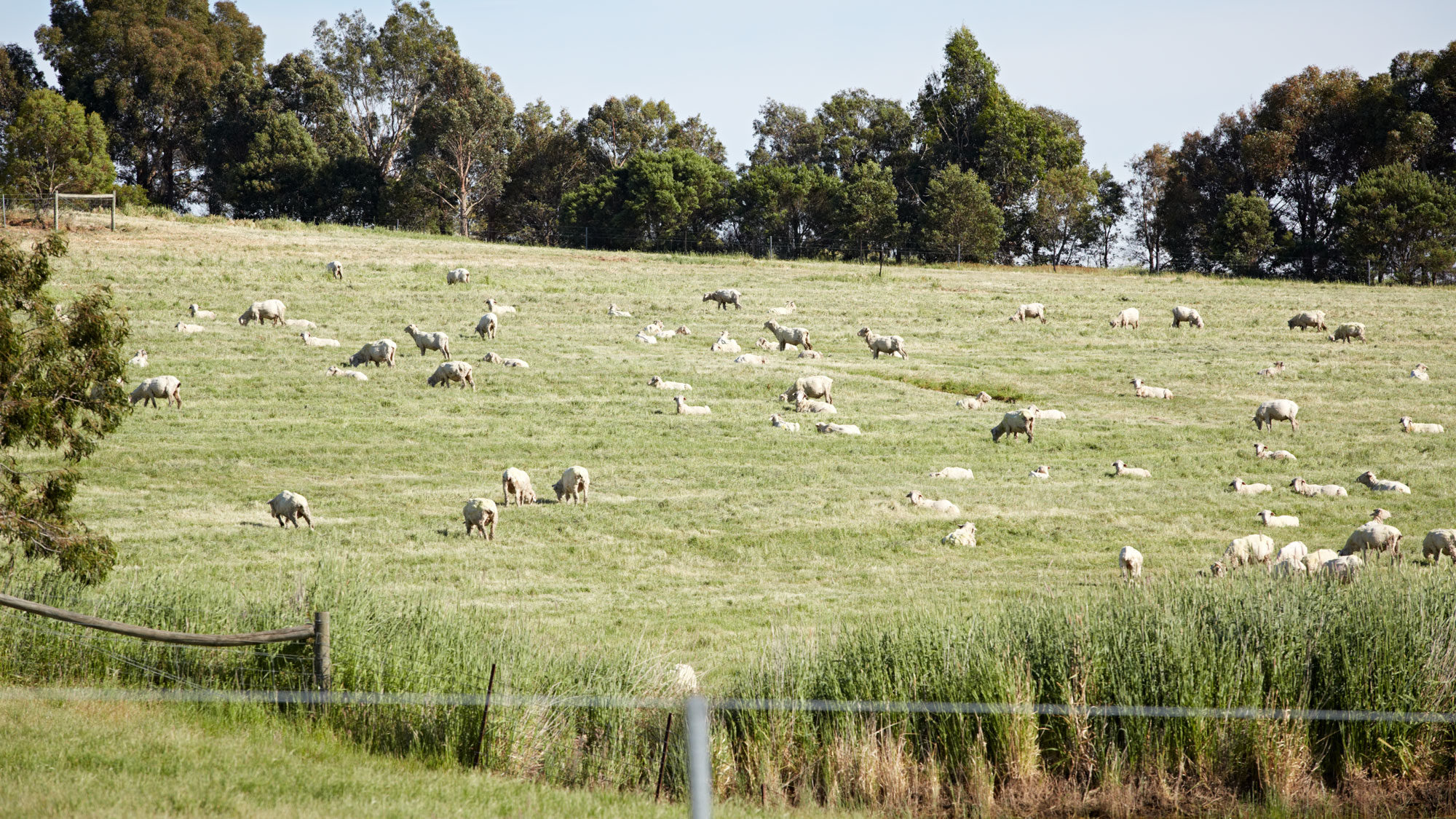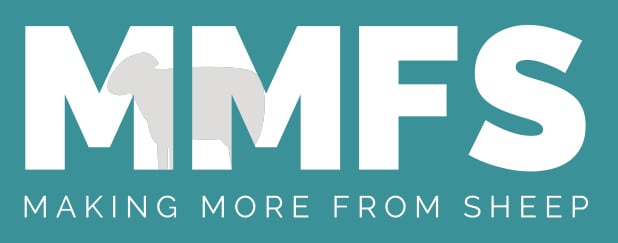Tool 11.1 Energy and protein requirements of sheep
Energy and protein requirements of sheep
Energy and protein are fundamental for animals to maintain critical body functions and achieve production targets for growth, wool production and reproduction.
A dry sheep equivalent (DSE) is a value based on the maintenance energy requirements of a dry, 50 kg Merino in CS3.
Dry sheep equivalents (DSE) – adult sheep
|
|
Body weight (kg) |
|||
|
40 |
50 |
60 |
70 |
|
|
Dry sheep |
0.9 |
1.0 |
1.2 |
1.4 |
|
Pregnant ewes final month |
||||
|
Single |
1.1 |
1.3 |
1.4 |
1.5 |
|
Twins |
1.3 |
1.5 |
1.6 |
1.7 |
|
Lactating ewes |
||||
|
Single |
2.1 |
2.5 |
2.9 |
3.3 |
|
Twins |
2.9 |
3.4 |
4.1 |
4.7 |
|
Rams |
|
|
1.4 |
1.7 |
Dry sheep equivalents (DSE) – growing lambs
|
|
Body weight (kg) |
||
|
Growth (g/day) |
20 |
30 |
40 |
|
50 |
0.6 |
0.9 |
1.0 |
|
100 |
0.8 |
1.1 |
1.3 |
|
150 |
1.0 |
1.3 |
1.5 |
Metabolisable energy (ME) and protein requirements of sheep
|
Dry sheep maintenance requirements
|
Ewe (single bearing, mid pregnancy) 50 kg
|
Ewe (single bearing, early lactation) 50 kg
|
Weaner <20 kg |
Weaner 20–25 kg
|
Weaner >25 kg
|
|||
|
40 kg
|
50 kg
|
60 kg
|
||||||
|
MJ ME/hd/day (containment fed) |
6.4 |
7.0 |
8.0 |
10.0 |
15.0 |
3 - 4 |
4 - 5 |
5 - 6 |
|
MJ ME/hd/day (grazing) |
7.6 |
8.5 |
9.7 |
11.5 |
17.0 |
3.4 - 4.5 |
4.5 - 5.7 |
5.7 - 6.8 |
|
Protein min % |
6 – 8 |
6 – 8 |
6 – 8 |
8 - 10 |
12 - 14 |
14 - 16 |
12 - 14 |
10 - 12 |
Note: Ewes carrying twins in late pregnancy and lactation will have a 15% higher energy requirement than single bearing ewes.
Use these figures when developing feed budgets (see tool 8.3 in MMFS Module 8 Turn Pasture into Product). View tables showing examples to fit the season and pasture type at LifetimeWool Tools for management.






